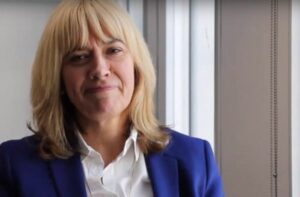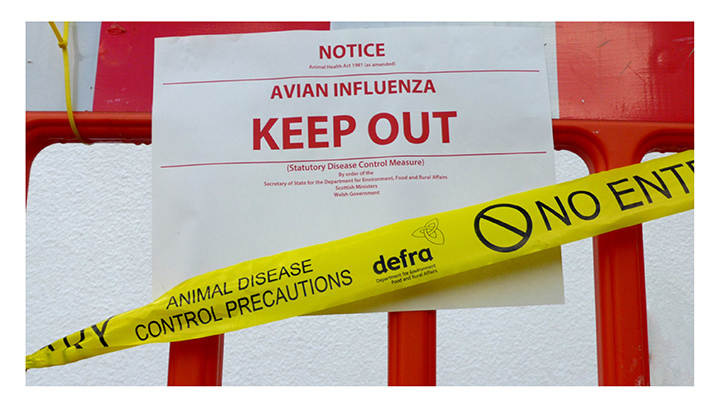The mandatory housing measures for poultry and captive birds, which were introduced across the United Kingdom to help stop the spread of bird flu, have been lifted.
Poultry and other captive birds no longer need to be housed, unless they are in a Protection Zone, and can be kept outside. While the risk of bird flu has been reduced to ‘medium’ for premises with poor biosecurity, the enhanced biosecurity requirements that were brought in as part of the Avian Influenza Prevention Zone (AIPZ) will remain in force as infection may still be circulating in the environment for several more weeks. All poultry gatherings will remain banned.
The UK has faced its largest ever outbreak of bird flu with over 100 cases confirmed across the country since late October. Scrupulous biosecurity is the most effective method of disease control available, and all bird keepers should apply enhanced measures at all times to prevent the risk of future outbreaks.
Public health advice remains that the risk to human health from the virus is very low and food standards bodies advise that avian influenzas pose a very low food safety risk for UK consumers.
Do not touch or pick up any dead or sick birds that you find and instead report them to the relevant helpline below. There is no impact on the consumption of properly cooked poultry products including eggs.
UK Chief Veterinary Officer Christine Middlemiss said: “Whilst the lifting of the mandatory housing measures will be welcome news to bird keepers, scrupulous biosecurity remains the most critical form of defence to help keep your birds safe.

“It is thanks to the hard work of all bird keepers and vets, who have played their part in keeping flocks safe this winter, that we are in a position to take this action. However, the recent cases of avian influenza show that it’s vital that bird keepers remain vigilant for signs of disease and maintain stringent standards of biosecurity.”
Advice to poultry keepers
All bird keepers must keep a close watch on them for signs of disease and maintain good biosecurity at all times. If you have any concerns about the health of your birds, seek prompt advice from your vet.
Poultry keepers must:
- cleanse and disinfect clothing, footwear, equipment and vehicles before and after contact with poultry and captive birds – if practical, use disposable protective clothing;
- reduce the movement of people, vehicles or equipment to and from areas where poultry and captive birds are kept, to minimise contamination from manure, slurry and other products, and use effective vermin control;
- thoroughly cleanse and disinfect housing on a continuous basis;
- keep fresh disinfectant at the right concentration at all farm and poultry housing entry and exit points; and
- minimise direct and indirect contact between poultry and captive birds and wild birds, including making sure all feed and water is not accessible to wild birds.


